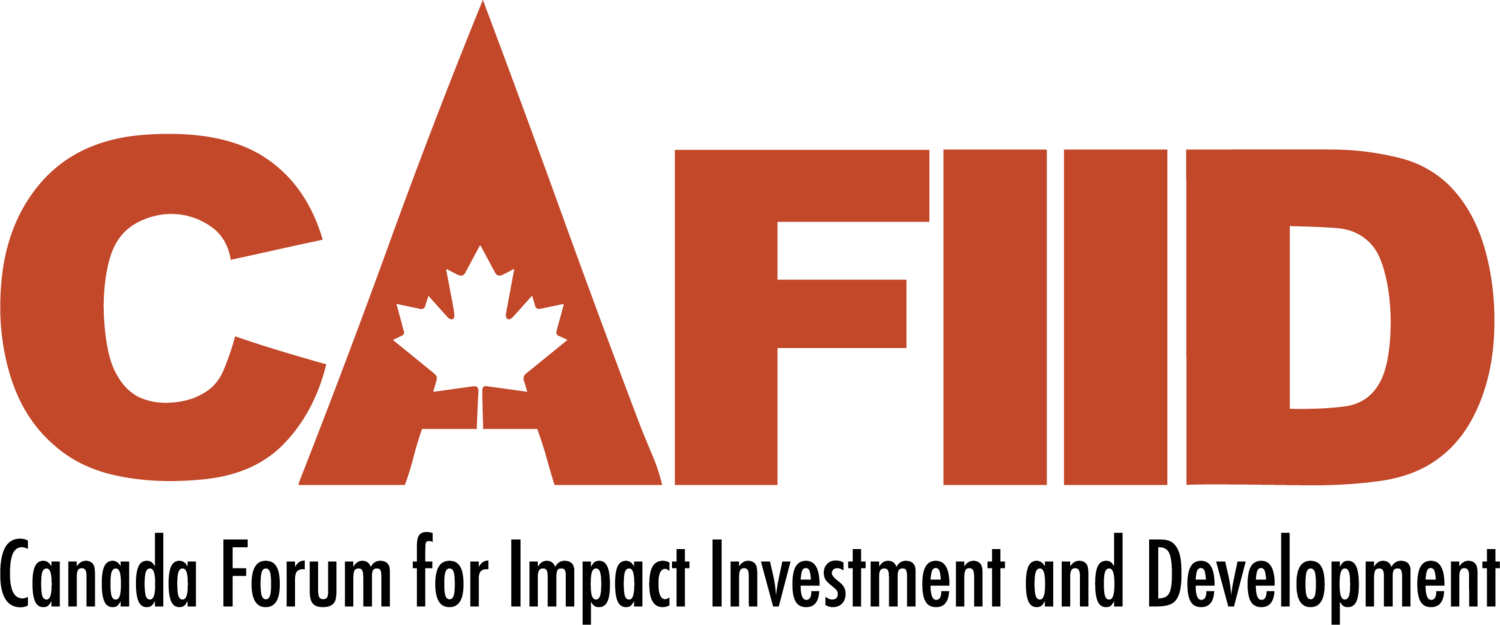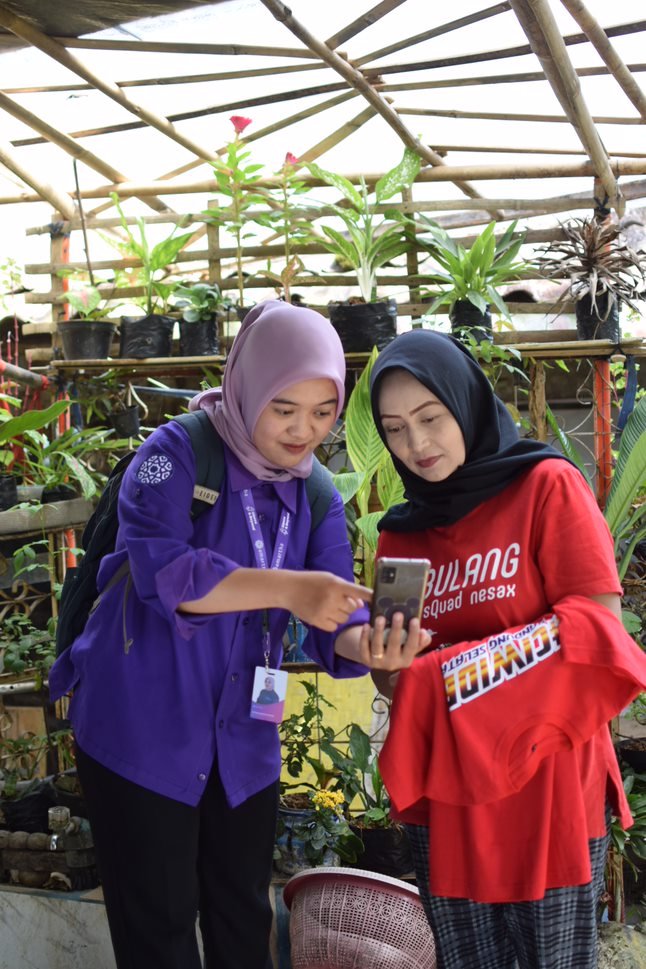Australian Development Investments (ADI) and Sarona Asset Management: Advancing the Gender Impact of Investments
Australian Development Investments (ADI)* is a development financing mechanism launched in June, 2020 by the Department of Foreign Affairs and Trade (DFAT). ADI supports the growth of small and medium-sized enterprises (SMEs) across Asia and the Pacific regions. These SMEs are significant drivers of job creation and innovation, as well as providers of important goods and services, however they face consistent financing challenges, particularly women-owned SMEs. Recognizing this, ADI invests in funds to provide much-needed financing to early and growth-stage SMEs spanning a range of sectors including health, education, agriculture, financial services, information technology, and climate mitigation and adaptation. ADI’s fund manager, Sarona Asset Management, brings its expertise investing in private companies across emerging markets, both directly and through local funds. Sarona is committed to delivering strong financial returns to its investors while creating deep and lasting impact wherever it invests.
The initial size of the ADI program was AUD 40 million, with AUD 24 million allocated as investment capital and AUD 4 million dedicated to Technical Assistance (TA) for fund managers and SMEs. In August, 2023, the facility cap was raised to AUD 250 million to promote greater development impact, inclusive of gender and climate. Adopting a blended finance approach, ADI has proven its capacity to deploy catalytic investments and stimulate private sector involvement. To date, ADI has allocated AUD 16.7 million - 70% of its total investable capital - to three SME Funds in Southeast Asia. This commitment has attracted AUD 94 million in private investments, and ADI has co-invested this amount alongside an additional AUD 126 million in public investments, including those from Development Finance Institutions (DFIs). ADI's mobilisation rate of 1:5 surpasses the typical benchmarks for the Asia-Pacific region.
*ADI was formerly known as Emerging Markets Impact Investment Fund (EMIIF)
Gender as a Focus Area of Australian Development Investments
Advancing gender equality in the region is a core aspect of ADI’s investment thesis. The fund seeks to support SMEs that are women-led, provide products and services that sustainably improve women’s and girls’ lives, or promote gender equality in their workplaces. To achieve this, ADI incorporates gender analysis alongside financial and legal due diligence in its screening of all investments and actively assists fund managers and their portfolio companies to strengthen gender equality while maintaining profitability. Using its GLI Framework, ADI identifies the extent to which targeted Fund Managers integrate gender into their investment processes and operations and target TA to areas requiring improvement. ADI supports Funds Managers to progress along the continuum and reach the Gender Smart or Gender Transformative stage [see GLI continuum below].
Gender Lens Investing Continuum
Results to Date
There is early evidence that ADI is contributing to the increased participation of women in the formal economy. For example, ADI’s approximately AUD 1 million investment to finance the lending portfolio of women-focused FinTechs has provided access to capital to over one million women- owned or led MSMEs. ADI continuously encourages fund managers to advance gender equality in their companies and investments. Although SME Funds supported by ADI have different GLI priorities, they have implemented innovative strategies and activities to positively influence workplace gender equality. On average, there are 66% of women employees and 51% of women leaders working for fund managers supported by ADI.
ADI has also contributed to fund managers advancing gender equality within their organizations. For example, as a result of ADI’s TA, there is an improved participation of women leadership and employees at Lendable.
For the year 2022, all ADI fund managers qualified for the 2X Challenge. They demonstrated gender equality across roles by surpassing or meeting 2X criteria for women's representation in various roles, including Investment Committee, Executive/Partners, managers, and employees. At the portfolio level, 75% of ADI portfolio companies met the 2X Challenge criteria. Women were well-represented among employees and managers, although more progress is needed in achieving gender-balanced company boards. Moreover, the three SME Funds in the portfolio have invested in 17 businesses that provide products and services benefiting 553,801 individual clients, more than 1 million micro-enterprises, and 15,100 SMEs across five countries.
Challenges to Date
1 - Challenges in sourcing women-led SMEs and women-focused SME Funds
Traditional approaches to sourcing a pipeline tend to lack opportunities for women to engage. Although there is no shortage of women start-up founders and women-led SMEs, they are less visible in the market due to a range of constraints, including lack of mobility and the double burden of household and care work in addition to their entrepreneurship. For example, a woman SME founder reported that the unconscious bias she faced has hampered both the establishment of her business and her ability to obtain financing. To address this, ADI:
Prioritizes investing in businesses led by women and encourages women inclusion in employment, customer base, and supply chains. As well as adoption of gender equality strategies within their company and/or adopting the GLI principles in the investment process;
Strategically plays its role as investor, market builder, and TA provider to connect investors with potential investees;
Shares its due diligence results with like-minded investors who have not been able to reach women-led or women-owned SMEs, thereby reducing the resources required to build a pipeline.
2 - Funds reported a lack of private investors supporting women-led funds, limiting the supply of capital.
To address this, ADI:
Seeks to build partnerships with like-minded private investors to enable a greater pool of capital to support women-led funds;
As of writing, ADI-supported SME Funds’ investor composition comprises 56% private co-investors and 44% public co-investors, drawing more investors towards a GLI ecosystem
For more information, contact Ralitsa Rizvanolli, Head of Investments: rrizvanolli@saronafund.com
September, 2023
This publication is made possible by the Government of Canada's Investment Readiness Program and CAFIID’s Gender Lens Investing Community of Practice








